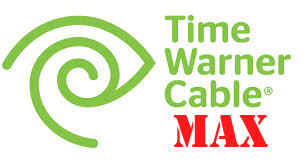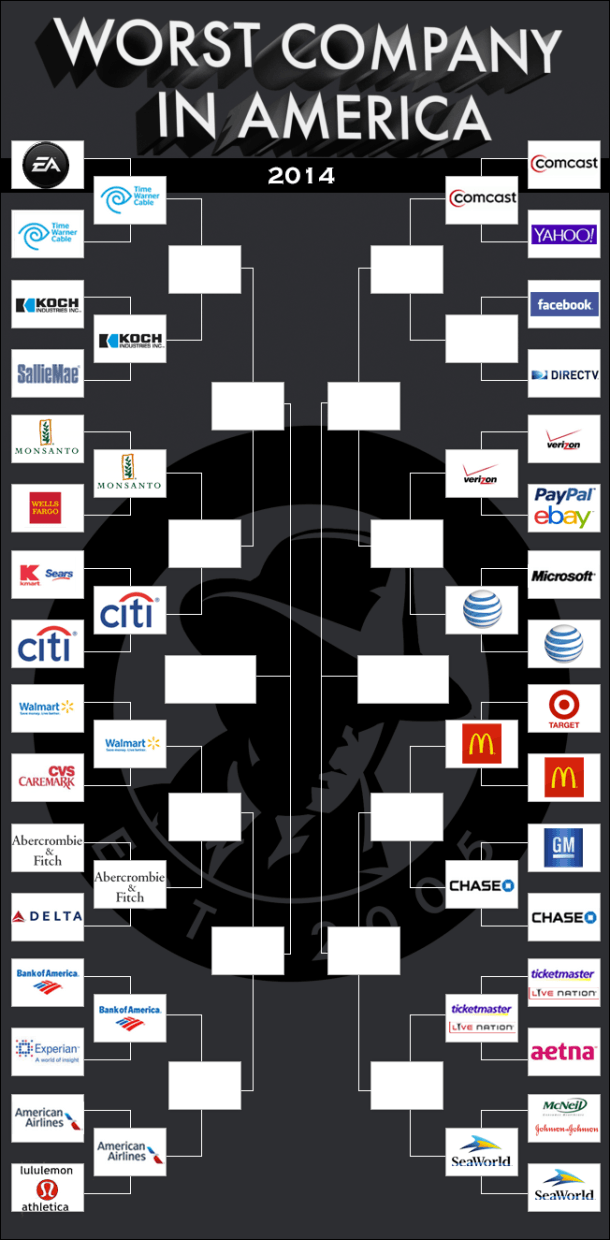 Comcast customers using the company’s growing network of Wi-Fi network hotspots will have their usage tracked to their broadband accounts, opening the door for Comcast to count wireless use against a customer’s future monthly usage allowance.
Comcast customers using the company’s growing network of Wi-Fi network hotspots will have their usage tracked to their broadband accounts, opening the door for Comcast to count wireless use against a customer’s future monthly usage allowance.
As part of a press release announcing that more than 300,000 Comcast hotspots are now available in New England, the cable company added that it is preparing to activate its Xfinity Wi-Fi Neighborhood Hotspots in the region, allowing other Comcast customers to share your Comcast Internet service over a separate Wi-Fi channel provided by your gateway. But it noted customers will need to log-in first, permitting Comcast to measure just how much of the wireless service you are using:
Xfinity WiFi Neighborhood Hotspots – In June of last year, Comcast announced its plans to create millions of WiFi access points for its customers through a neighborhood hotspot initiative. Comcast is the first major ISP in the country to deploy this innovative technology. This new initiative gives customers with Xfinity Wireless Gateways an additional “xfinitywifi” signal (or SSID) in their home that is completely separate and distinct from the private and secure home WiFi signal. Offered at no additional cost, the additional WiFi signal will allow visiting Xfinity Internet subscribers instant, easy access to fast and reliable WiFi without the need to share the home’s private network password and without an impact to the home subscriber’s speed. And since visitors sign in with their own Xfinity credentials, their usage and activities are tied back to their own accounts, not the homeowner’s.
Comcast is testing the reimplementation of a usage cap – now set at 300GB a month – in several cities in the southern U.S. Wireless usage could eventually also be counted against that cap.
Many of Comcast’s primary outdoor hotspots are in larger cities, such as Greater Boston. Most of the one million total hotspots Comcast hopes to activate are located in residential customers’ homes using Comcast’s Wireless Gateway.


 Subscribe
Subscribe Despite its pending merger with Comcast, Time Warner Cable is still promising to boost broadband speeds by the end of this year in New York City and Los Angeles.
Despite its pending merger with Comcast, Time Warner Cable is still promising to boost broadband speeds by the end of this year in New York City and Los Angeles.

 CenturyLink’s philosophy about offering gigabit fiber broadband speeds in Idaho can be summed up simply as “for business-use only.”
CenturyLink’s philosophy about offering gigabit fiber broadband speeds in Idaho can be summed up simply as “for business-use only.” Idaho could find itself a bystander in the growing movement to deploy gigabit fiber to the premise broadband, despite the fact CenturyLink already has fiber infrastructure available nearby.
Idaho could find itself a bystander in the growing movement to deploy gigabit fiber to the premise broadband, despite the fact CenturyLink already has fiber infrastructure available nearby.